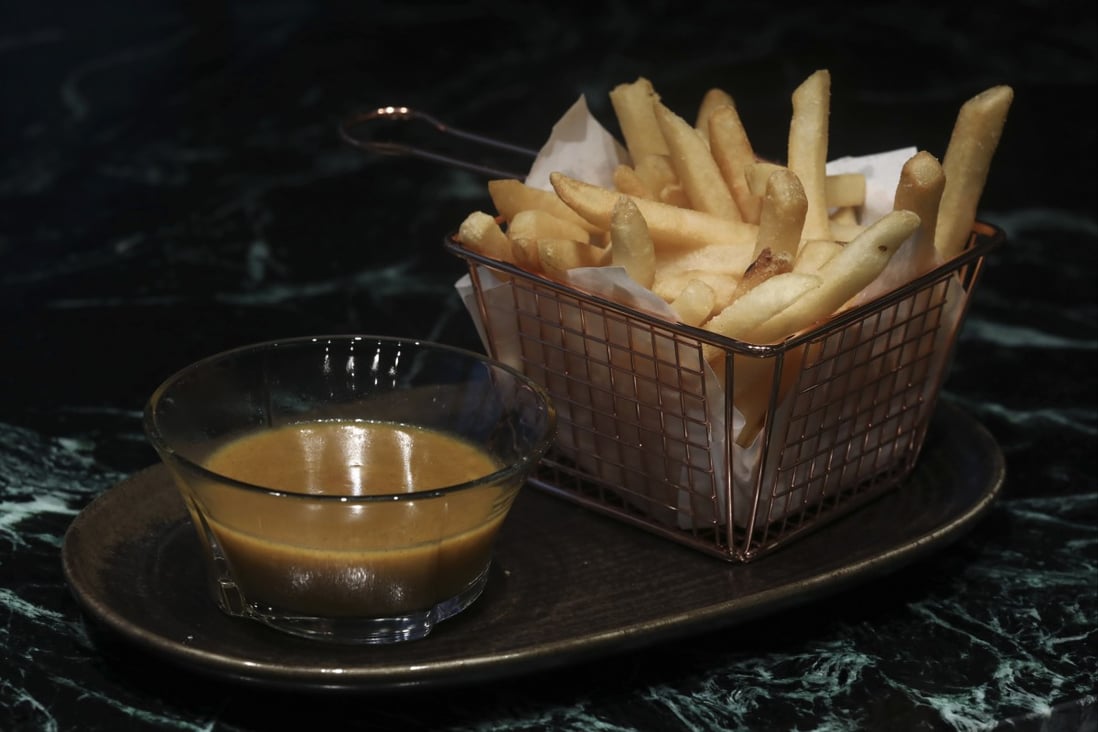
As soon as word got out that a British-Chinese restaurant would be opening in Hong Kong, many British-born Chinese (BBC) were sceptical. Would the food be as good as their parents’ takeaway shop? What would be on the menu? How much would the dishes cost?
The criticism came when they saw the prices posted on the 1908bc website. HK$90 (US$11.50) for bean sprouts? HK$90 for curry and chips? And chicken and sweetcorn soup for HK$80?
Susanna Ho, British-born owner of 1908bc, says she was prepared for the criticism, and hopes the feedback will help her make the food better for those who have a hankering for dishes like crispy aromatic shredded duck and butterfly prawn toast.
Recently opened in Sheung Wan, in the Central & Western district of Hong Kong Island, the restaurant is named for the year the first sit-down Chinese restaurant opened in London’s Limehouse district (the city’s earliest “Chinatown”), while BC stands for “British Chinese”.
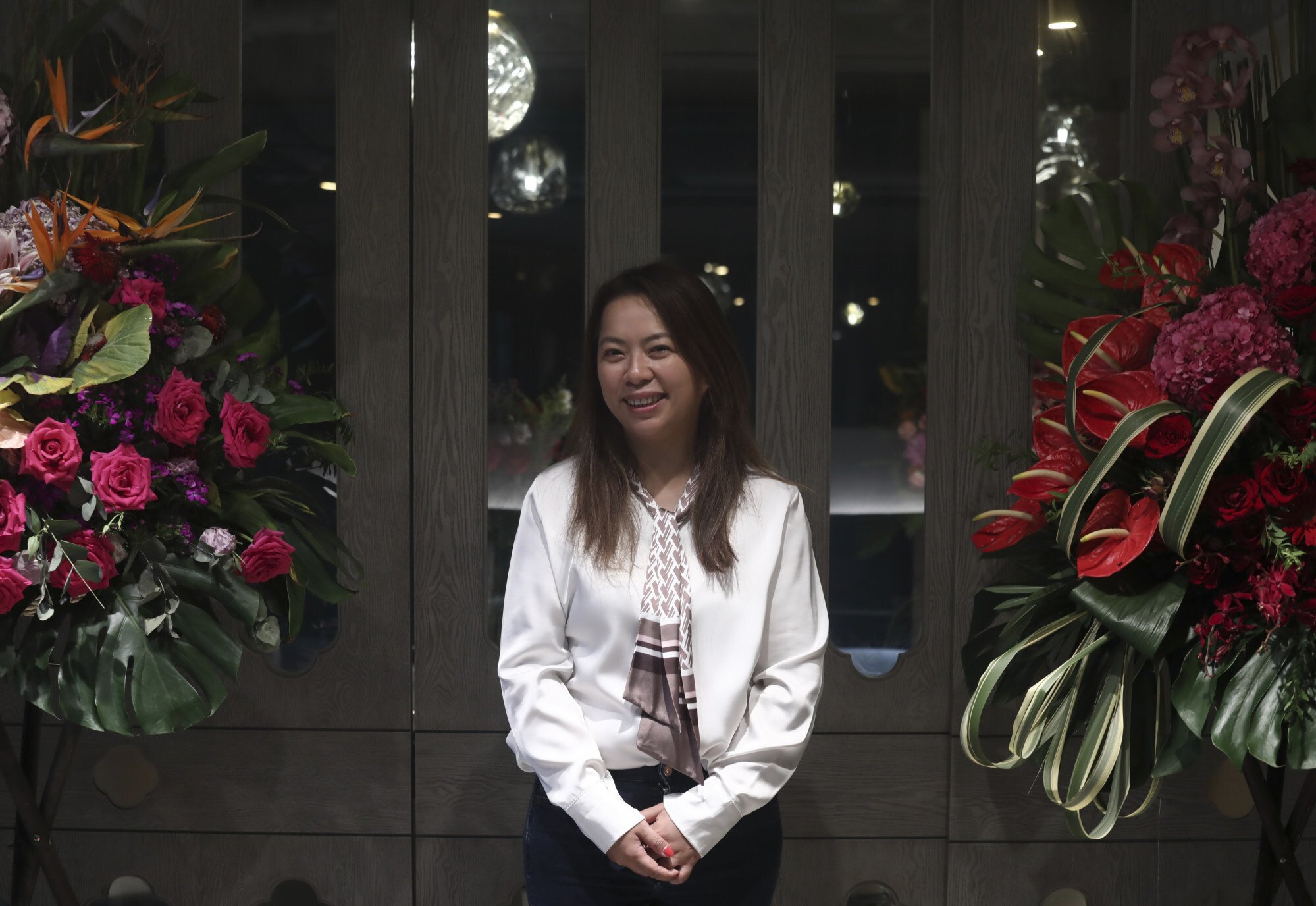
1908bc is in The Pemberton, just a minute’s walk from the Sheung Wan MTR station. It seats 48 people for now; an outdoor terrace will open later. Ho explains the forest green banquette seating is a nod to colonialism, while the mirrors with cloud-shaped edges pay tribute to the Chinese side.
Ho aims to give diners a nostalgic feeling of being back in the UK eating British-Chinese food. Since 1908bc opened a few weeks ago, she’s had customers make the trek from Discovery Bay on Lantau Island and Shek O at the southeastern tip of Hong Kong Island.
Personal service: thrills and spills at the chef’s counter
The dishes on the menu are items that are linked to the immigrant experience of Ho’s family in the UK.
Her parents are from Hong Kong, and her father is an indigenous Yuen Long villager. In 1973 they migrated to the UK and Ho was born in Harlow, Essex, just north of London.
“They worked for a takeaway shop, and my parents couldn’t afford childcare so my mum brought me to work with her, strapped on her back as she worked,” Ho says.
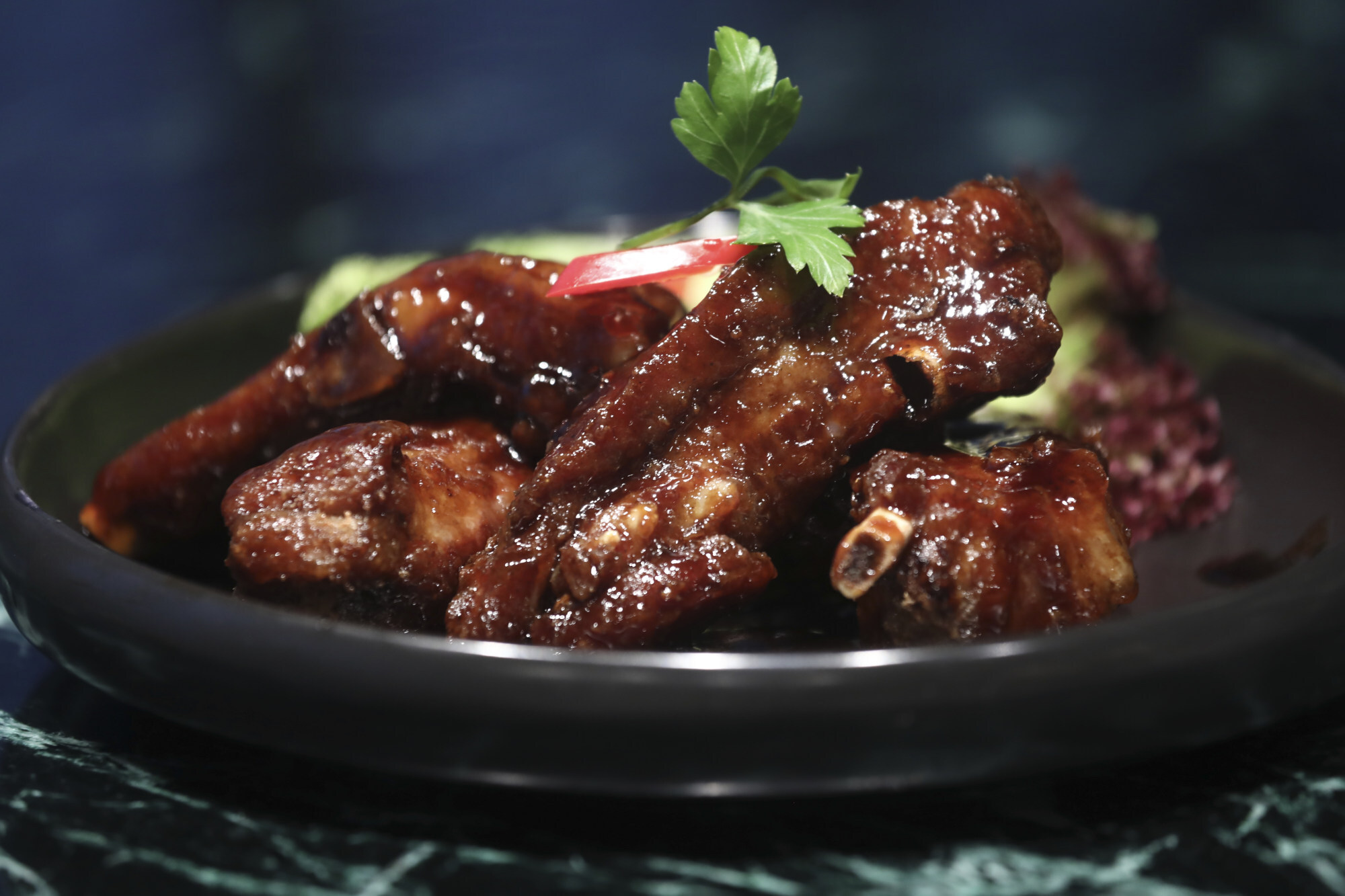
While Ho’s mum was a good home cook, it was at this takeaway that they learned how to cook Chinese food for British palates.
After they learned the business, they poured their savings into buying their own takeaway shop. But when Ho was 11 years old, her parents divorced. They sold the business and Ho’s mother took her and her two younger brothers to Bristol in the west of England, where she bought another takeaway shop.
This was where the single mother showed her entrepreneurial talent, setting up a mini empire of two takeaway shops, an Asian supermarket and Cantonese restaurant staffed with Hong Kong chefs.
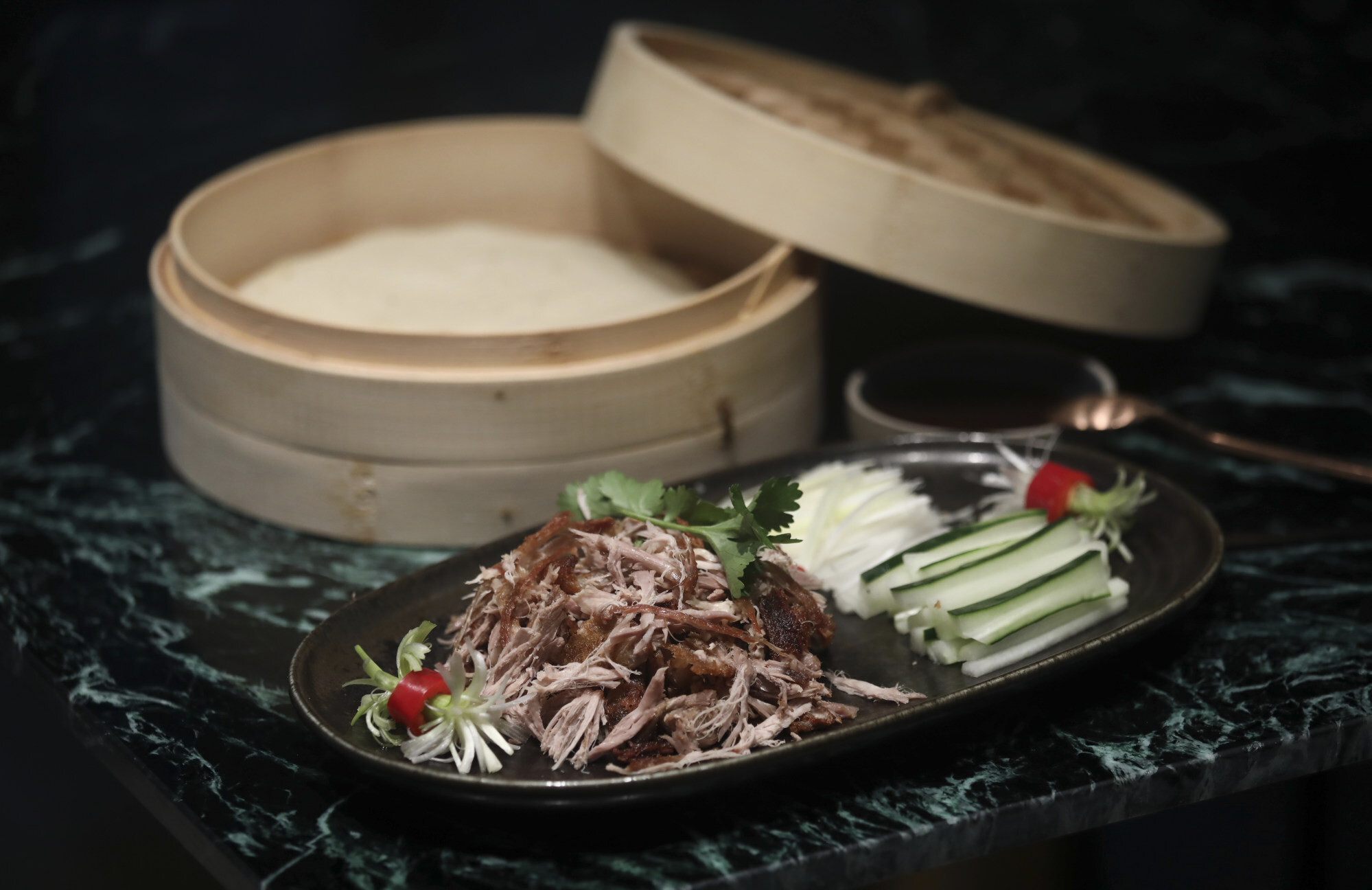
“There was a Chinese menu for the Chinese customers, and a menu for Westerners,” Ho says. “There were 200 items such as lemon chicken, crispy shredded beef and crispy duck, but we also had dishes you would find in Hong Kong like the beef brisket in claypot: different cultures, different taste buds.”
Because of their mother’s insistence on them having a good education, one of Ho’s brothers is a lawyer, the other the CEO of an insurance company in Singapore, while Ho herself went into investment banking and was posted in Hong Kong for several years.
Ho wasn’t happy when her employer transferred her back to London. Seeing that her mother was tired, Ho quit her job and encouraged her mother to take a break and travel. Ho looked after the businesses despite having no food and beverage experience. While her mother went on holiday for a few months, Ho saw gaps in the market, and opened a Japanese restaurant and karaoke bar.
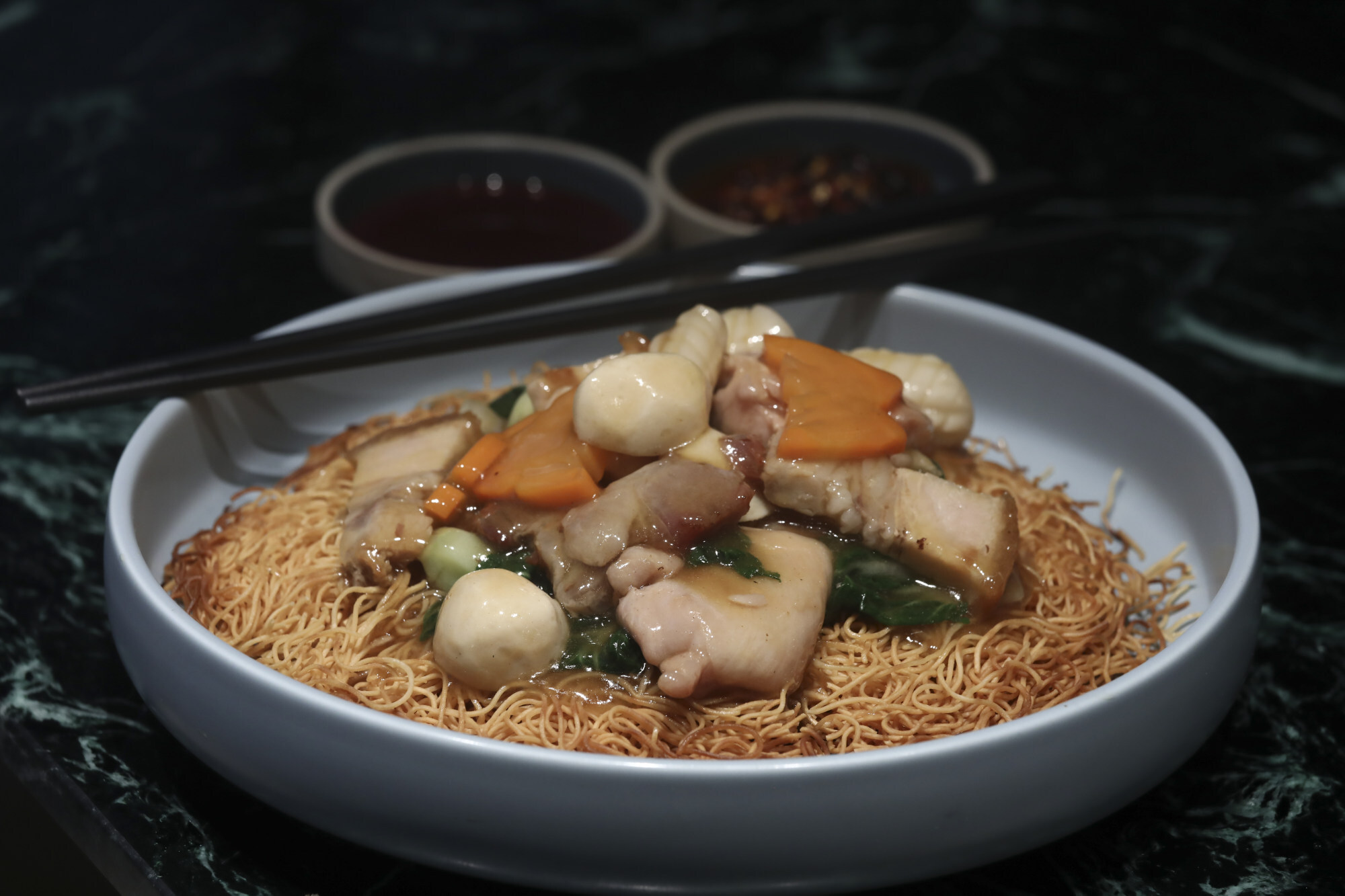
“This was the beginning of the boom when all the Chinese students would come overseas from mainland China and they started inspiring me,” she says.
In 2017, Ho’s mother retired and Ho helped her move back to Hong Kong. “She worked seven days a week and didn’t have hobbies or friends. So when she retired she was on the verge of depression because she had always worked,” Ho says.
After taking her mother to travel around Asia, then settling her back in Hong Kong, Ho was preparing to leave when the coronavirus pandemic hit in early 2020.
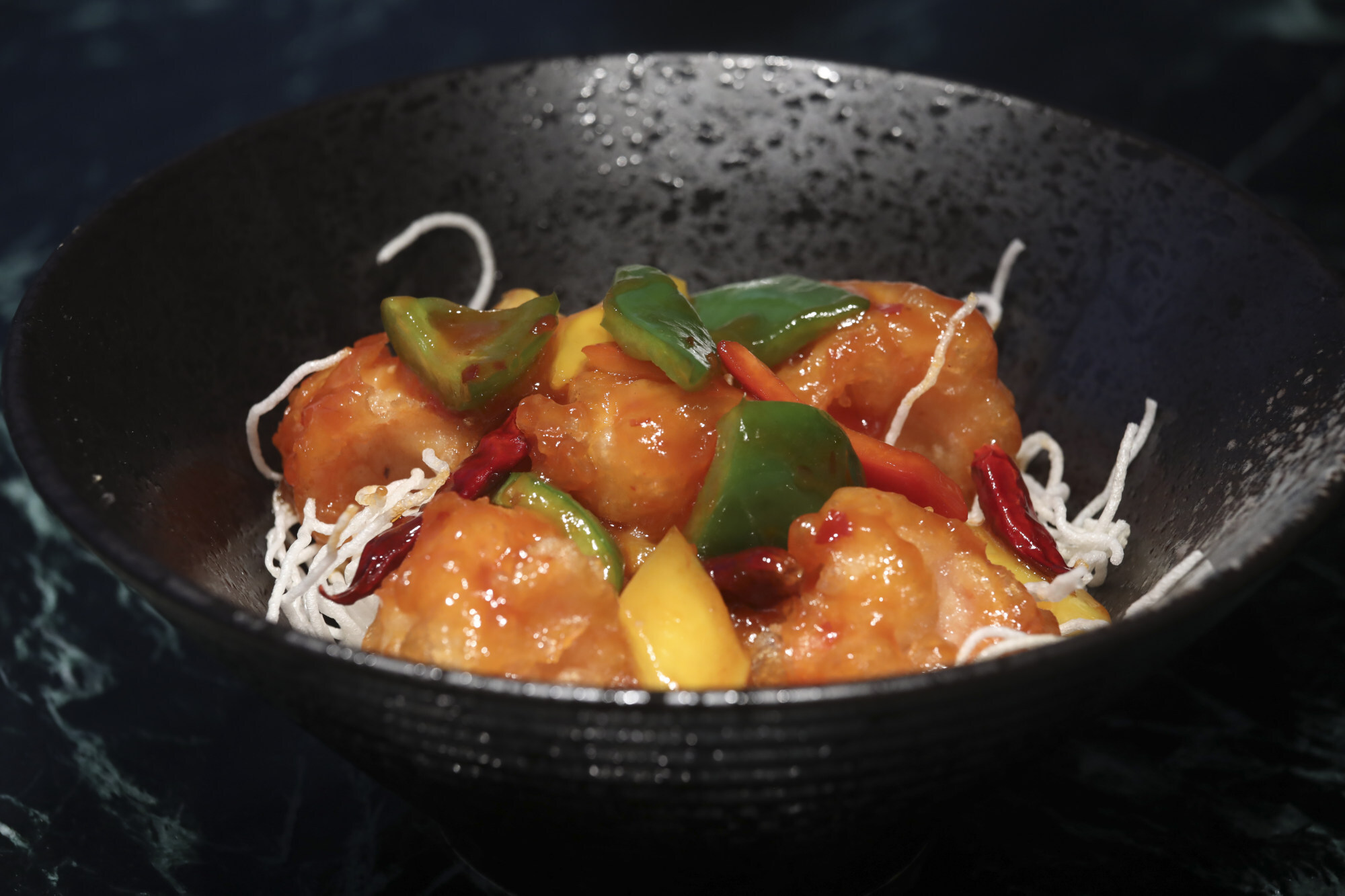
After Lunar New Year, Ho looked back on 2020 and felt that she hadn’t accomplished anything, and realising that it would take a year or two for things to return to normal, she decided to take on a project.
“Before, I was going to do a takeaway delivery service, but then I looked at the rental rates in Wong Chuk Hang for these kitchen spaces [and] I realised the rents were pretty high for warehousing space. By the time I kit it out as a proper kitchen, I might as well have a restaurant,” she says.
Ho did mini surveys on social media asking people which dishes they missed the most, and says that got a lot of attention.
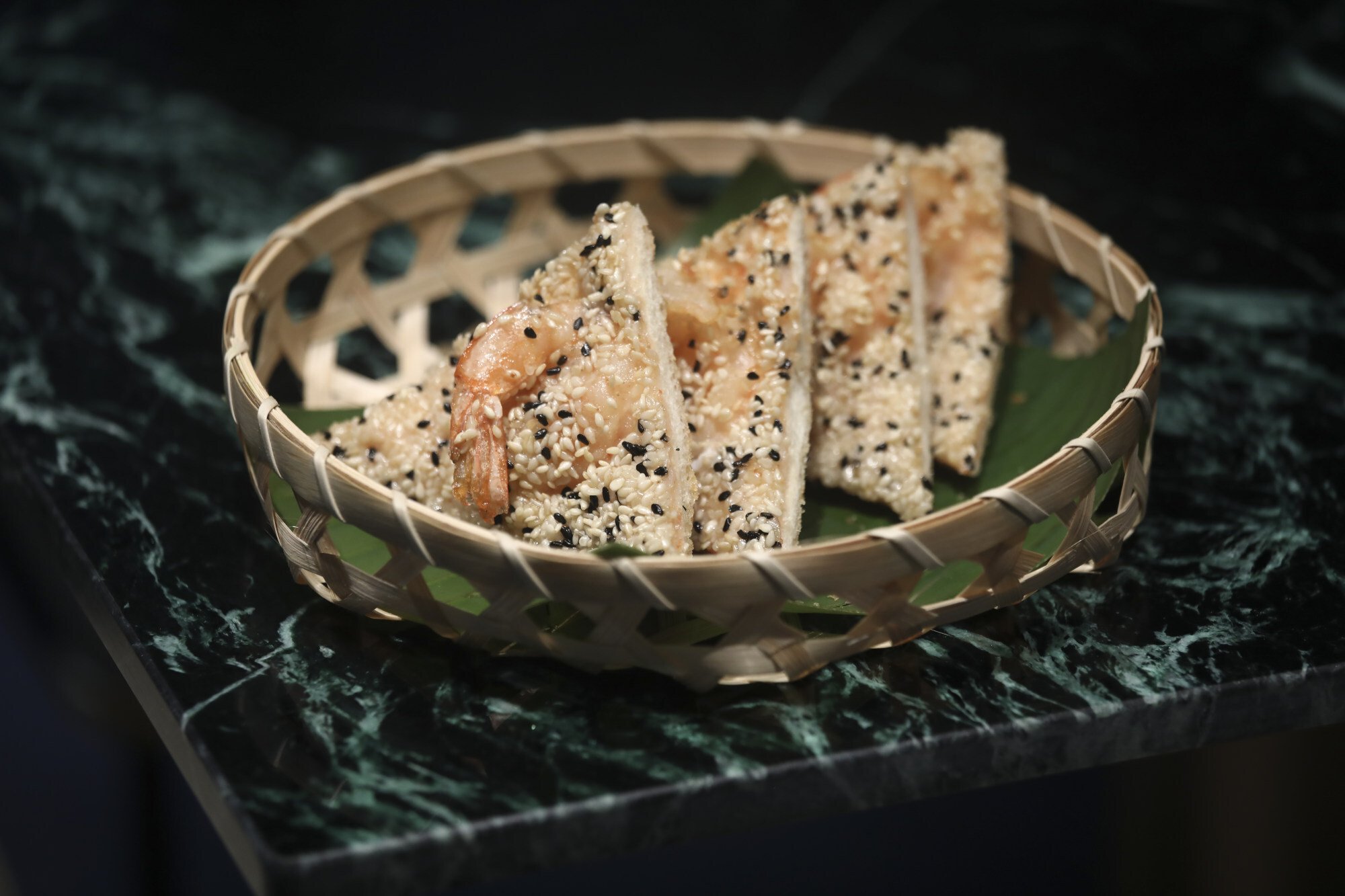
Nevertheless she has heard a barrage of criticism, with people claiming their parents’ version of lemon chicken is the best, and outrage over the HK$90 price tag for curry and chips.
Ho defends the pricing by explaining that rent in Hong Kong is expensive, as is the cost of the ingredients. “Back in the UK potatoes are super cheap. That’s why we say, ‘it’s cheap as chips’. Chips are like four to five times more expensive here.”
Ho says many people whose parents owned takeaways naturally think their parents’ version of lemon chicken and prawn toast are the best. “But they may not know what the cost is. Prawn on toast is cheap, only five pence (US seven cents) or 10 pence to make, but I’m sure they’re not selling it for 10 pence at home. I’m selling nostalgia, and I’m taking a risk as well in doing this restaurant.”
She adds that her 70-year-old mother comes into the restaurant to make a big batch of curry sauce from scratch, using Madras curry powder, numerous spices, and fruits such as oranges, lemons, apples and bananas, and it needs hours to prepare. “Not many people do curry paste from scratch any more,” Ho says.
“It’s very labour intensive; not many people do this in Chinese takeaways any more. People buy curry paste in packs off the shelf and they call it chip shop curry and it’s never the same. I’m not saying my mum’s is the best in the world, but if it evokes memories of what you would have back at home that’s what I want.”
1908bc, 5/F, The Pemberton, 22-26 Bonham Strand, Sheung Wan, tel: 2116 4668







